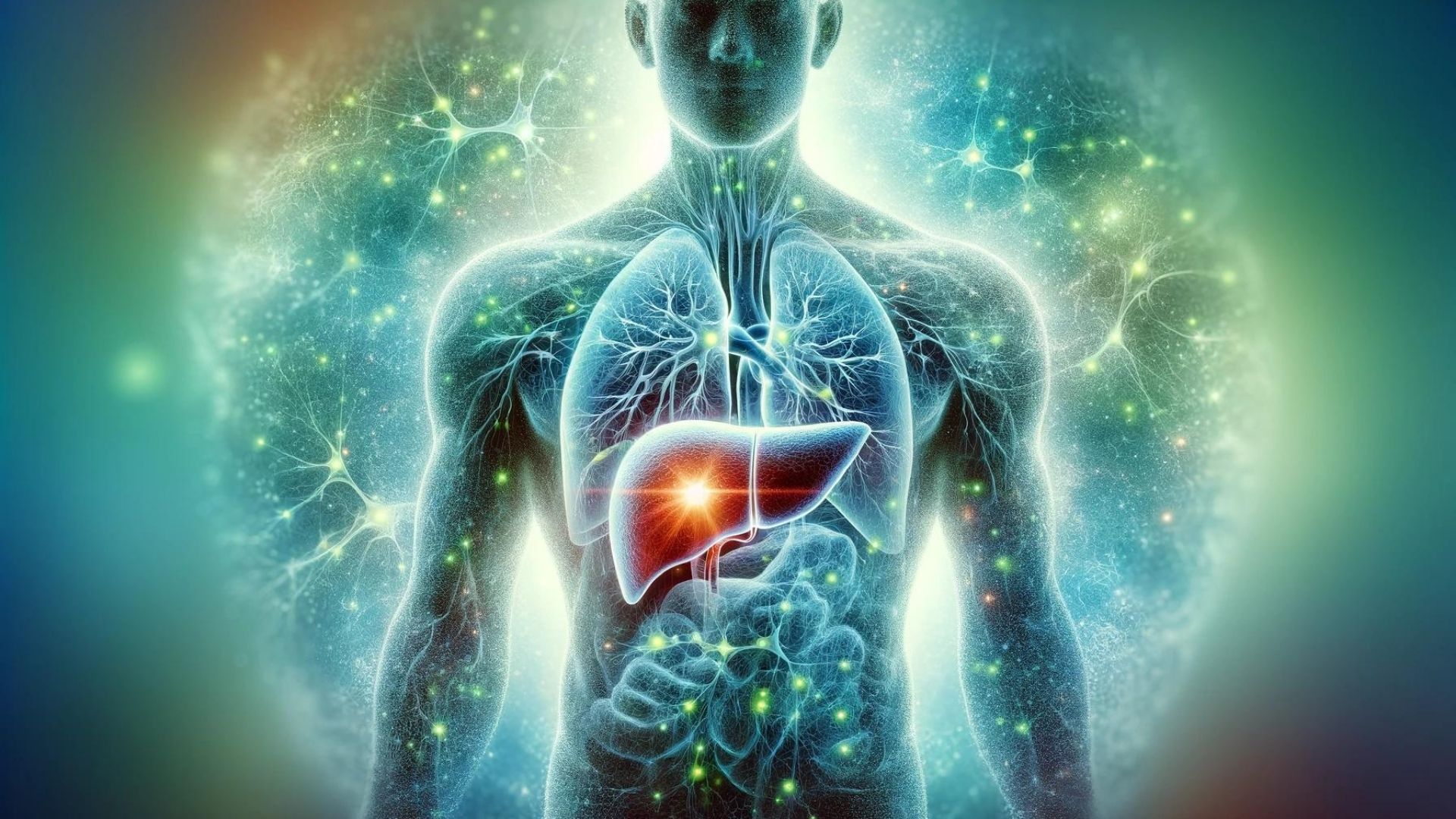Did you know the human liver can regenerate itself?
The human body is a marvel of intricate systems and processes, and one of its most impressive feats is the liver’s ability to regenerate. Unlike most other organs, the liver possesses a remarkable capacity to regrow and repair itself, even after substantial damage or removal. This extraordinary feature unlocks incredible possibilities in the field of medicine.
The Liver: A Multitasking Powerhouse
Before diving into the wonders of liver regeneration, let’s understand just why this organ is so vital. The liver is the largest internal organ in the body and plays a crucial role in various functions, including:
- Filtering toxins: It acts as the body’s filtration system, removing harmful substances from the bloodstream.
- Producing bile: Bile is essential for the digestion of fats.
- Metabolizing nutrients: It processes nutrients from food, converting them into usable forms.
- Storing energy: The liver stores energy in the form of glycogen.
- Producing essential proteins: It is responsible for creating blood clotting factors and other proteins.
How Does Liver Regeneration Work?
The liver’s regenerative power stems from its unique cellular makeup. Unlike other organs composed of specialized cells, the liver primarily consists of cells called hepatocytes. These are like the utility players of the organ – capable of performing multiple functions.
When a portion of the liver is injured or removed, healthy hepatocytes receive signals to multiply and replace the lost tissue. The liver can regenerate to its original size and function even after up to 70% of it is removed!
Medical Implications and Future Possibilities
Liver regeneration has profound implications for medicine:
- Transplantation: Due to its regenerative ability, surgeons can perform living-donor liver transplants, where a portion of a healthy person’s liver is transplanted to a recipient. Both the donor and recipient’s livers will regenerate.
- Reduced Need for Transplants: Researchers are exploring ways to harness the liver’s regenerative power to heal damaged livers in patients directly, potentially reducing the need for transplants.
- Tissue Engineering: Scientists are studying liver regeneration to develop techniques for growing liver tissue in the lab, which could revolutionize treatment for liver diseases.
A Remarkable Example of Resilience
The liver’s ability to regenerate is a testament to the human body’s astounding potential for healing. As research progresses, we can hope for advancements that will improve treatment options for those with liver injuries and diseases. The liver reminds us that even in the face of damage, the potential for restoration and renewal exists within us.










0 Comments